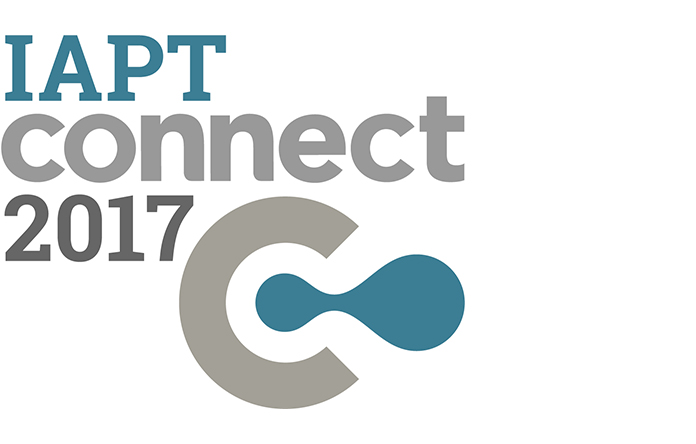
We were thrilled that Nicky Runeckles joined us to give opening remarks at IAPT Connect 2017.
Nicky has worked in mental health for the past two decades, including four years as commercial director of a digital mental health service. She blends senior operational experience in traditional mental health services with commercial experience growing an online mental health startup. Nicky also blogs about her own experiences of anxiety and depression, and wrote about her talk at IAPT Connect 2017 here.
In the spirit of learning, Nicky shared her personal experience of seeking treatment in the IAPT programme, including three things she experienced as a service user that IAPT services can work to improve. You can watch Nicky’s talk and read our summary of her key points below:
1. The human touch
Nicky’s medical record uses her full name – Nicola – and at the start of her assessment call, her assessor asked what she would like to be called. She responded that she prefers ‘Nicky’, but
her assessor referred to her as ‘Nicola’ for the rest of the call. Nicky shared that she felt that the assessor was more focussed on filling in boxes than on connecting with her. ”It was honestly all I could do to get through the call and get the important stuff out through my tears.” Feeling cared about is not to be underestimated, she emphasised, and thoughtfulness and kindness make all the difference.
2. Informed choices
At the end of her assessment, Nicky was unclear what kind of treatment she was being offered. She had declined group work, and the two remaining options were online or face to face therapy. Nicky’s assessor didn’t know what the waiting list was for either option, and did not share details of what online treatment involved.The assessor decided that Nicky would be better waiting for face-to-face therapy, and Nicky recalls having neither the strength nor the presence of mind to request support in the meantime. She reminded us of the importance of patient choice, which has been shown to positively impact outcomes. Everyone is different, and each of us should be able to make informed choices.
3. Waiting times
Nicky was told that her scores were high and that her assessor would be in touch the following week. She wasn’t given any idea of how long the wait for one to one CBT would be, or what she could do to help herself in the meantime. She emphasised that while of course we have waiting lists, we do have a duty to keep people informed and to be aware of the additional support that is available to people while they wait.
Nicky closed by sharing her hope that by acknowledging these challenges, we can create an opportunity for IAPT to do better, and for services to learn from one another’s triumphs and mistakes in order to improve outcomes. She invited delegates to use the event to share their ideas on reducing waiting lists, on opening access to people in hard to reach groups, and on communicating with clients on what their choices are, to help us make positive impact on even more lives.
Thanks so much Nicky for your contribution to the event, from all of us at Mayden.
You can hear more from Nicky by following her on Twitter, visiting her blog where she shares her experiences of anxiety and depression, and by listening to the podcast she recorded live with Mental Elf at the event.
